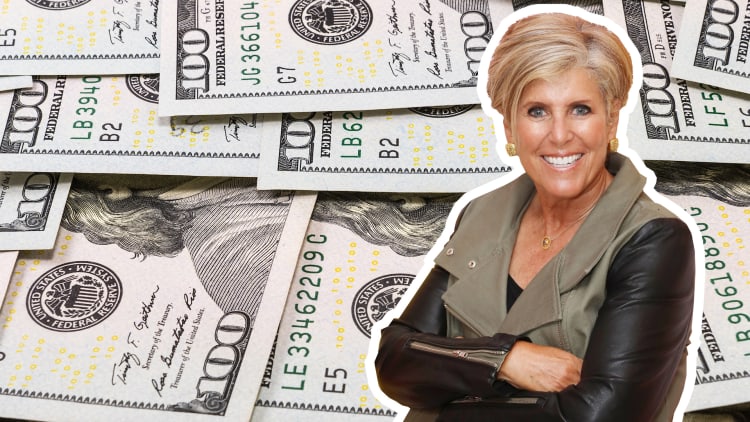There's an estimated $1.6 trillion in outstanding student debt in the United States. Roughly 45 million Americans currently have student loans, and it's taking an especially hard toll on millennials — over a third of borrowers are under 30, according to data from the Federal Reserve.
These massive numbers have come to the forefront in the run up to the 2020 presidential election, as candidates propose their own ways to ease the burden of student loans. With the second round of Democratic primary debates to take place in Detroit this week, you can expect the issue of student debt to make an appearance.
Here's how the Democratic primary frontrunners plan to tackle the student debt crisis.
Comprehensive debt forgiveness
Only one candidate has introduced a plan to completely eliminate all $1.6 trillion of outstanding student debt: Bernie Sanders. The Vermont senator proposed funding his plan through a tax on Wall Street transactions, including a 0.5% tax on stock trades, a 0.1% tax on bond trades and a 0.005% tax on derivatives trades. Sanders says that eliminating student debt will save $3,000 annually for the average borrower.
"Wall Street speculators nearly destroyed the economy a decade ago, and the American people bailed them out," Sanders tweeted. "Now it's time for Wall Street to come to the aid of the middle class of this country."
Senator Elizabeth Warren's student debt plan would forgive $50,000 in student loans for anyone with a household income under $100,000. Individuals who make above $100,000 each year would have a smaller amount of their debt forgiven based on their income. Those who make over $250,000 a year would not have any of their loans forgiven.
While not as sweeping as Sanders' proposal, Warren estimates that 42 million people would be affected by her plan, or over 93% of total borrowers. She proposed a 2% annual tax on households with over $50 million in wealth to fund her plan.
"For decades, we've allowed the wealthy to pay less while burying tens of millions of working Americans in education debt," Warren wrote in a Medium post introducing her plan. "It's time to make different choices."
Debt forgiveness for certain jobs
Several candidates have focused on debt forgiveness for teachers as the main tenet of their student debt plans. The government already has an initiative, called the Public Service Loan Forgiveness Program, which forgives loans after 120 monthly payments for those who work for a qualifying employer, such as a government agency, nonprofit or school. However, qualifying is not as simple as it sounds — over 99% of applicants have been rejected as of the end of last year, according to the Department of Education.
Former Vice President Joe Biden wants to simplify the program so that it "actually helps teachers," according to his campaign plan.
Former Texas Representative Beto O'Rourke plans to forgive all outstanding student debt for teachers who have worked at least five years in a public school. For other public service workers, O'Rourke proposes forgiving 10% of debt for each year of work.
Kamala Harris took a unique approach to her student debt forgiveness proposal. The California senator would forgive up to $20,000 in loans for those who "start a business that operates for three years in disadvantaged communities." Only people who received Pell Grants, a type of government financial aid for low-income students, would be eligible for the program.
However, critics bashed the plan, citing the financial risks inherent in starting a business. Harris responded a day later on Twitter saying she was thankful for the feedback.
South Bend, Indiana mayor Pete Buttigieg has a personal stake in the student debt issue — he and his husband, Chasten, have over $130,000 in student loans. He proposed creating new public service fellowships, similar to the Peace Corps and AmeriCorps, that would be eligible for debt forgiveness. Buttigieg wants to increase the number of service opportunities in the country from 75,000 to 1 million by 2026.
No debt forgiveness
Not all the presidential candidates have jumped on the loan forgiveness bandwagon.
Senators Amy Klobuchar of Minnesota and Kirsten Gillibrand of New York proposed allowing graduates to refinance their student loans at lower interest rates instead of debt forgiveness.
Former Secretary of Housing and Urban Development Julian Castro wants to reform the current income-driven repayment plans offered by the government. Under his presidency, borrowers would have no loan payments until they earn 2.5 times the federal poverty line, which is $12,490 for individuals. Currently, the cap is 1.5 times the federal poverty line.
Like this story? Subscribe to CNBC Make It on YouTube!
Don't miss: 36% of college grads with student loans say the debt wasn't worth it—here's what experts say



